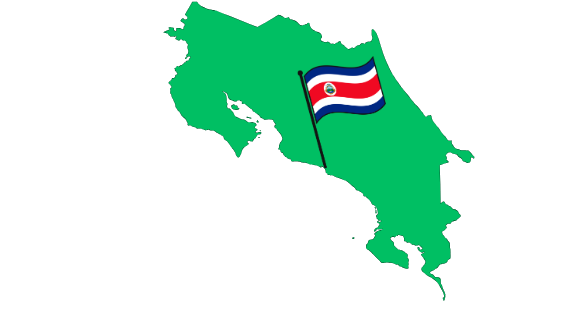
Understanding Septic Systems in Costa Rica
Living in a beautiful country like Costa Rica comes with its unique challenges, one of which involves understanding and maintaining septic systems. While they may be out of sight, these systems play a crucial role in ensuring that our daily needs—like using the bathroom—are met efficiently. Lauren Johnson, an expat who has lived in Guanacaste for nearly three years, shared insightful experiences on maintaining septic systems that are imperative for anyone planning to relocate or visit.
In 'Septic Systems in Costa Rica 💩 🚽,' the discussion dives into sewage treatment and septic systems, exploring key insights that sparked deeper analysis on our end.
Why Do Restaurants & Hotels Ask Not to Flush Paper?
If you've ever found yourself in a Costa Rican hotel or restaurant with a sign urging you not to flush toilet paper, you know it can be a bit confusing. This guideline reflects a reality—many places in Costa Rica lack a sewer treatment system, relying instead on independent septic systems. Lauren discovered this cultural nuance during her initial visits, highlighting the importance of being prepared and respectful of local customs while traveling.
The Importance of Proper Septic System Maintenance
One of the most critical insights shared by Lauren is the necessity of regular septic system maintenance, especially during the rainy season when groundwater saturation can impair functionality. She recommends hiring a reputable service to pump the septic system annually to avoid unexpected and unpleasant failures like overflowing toilets.
Choosing Proper Septic Capacity When Building
For those dreaming of building a home in Costa Rica, understanding the specifications for a properly functioning septic system is vital. Lauren emphasizes consulting with knowledgeable builders who can install septic systems tailored to the household size. Without this knowledge, one risks significant drainage issues, leading to chaotic plumbing situations that detract from the overall enjoyment of living in paradise.
Grease Traps: An Overlooked Essential
Another critical component discussed is the grease trap, which precedes the septic system. This humble yet necessary facilitator of drainage plays a vital role in filtering waste from food before it leaves the kitchen. Lauren learned this lesson the hard way when her kitchen sink started backing up due to a clogged grease trap. Cleaning this component monthly can help avoid foul odors and significant plumbing problems.
The Environmental Impact of Septic Systems
For those considering relocation, it is paramount to understand the environmental aspects of septic systems. Mismanaged sewage systems can lead to harmful runoff into rivers and oceans, creating a significant ecological hazard. As expats, ensuring purity in both our waste management practices and community accountability becomes a direct responsibility, impacting both current residents and future generations.
Key Takeaways for Future Residents
Ensuring proper sewage handling is crucial not just for the functionality of a household but for preserving the natural beauty of the land. Whether you're renting or building, being proactive about septic systems will save a lot of time and grief down the line. Prior viewing and inspecting properties for their sewage management capability can safeguard against unpleasant surprises.
Ultimately, understanding and respecting the infrastructure crucial to daily life can significantly enhance one's experience in Costa Rica, making the journey as joyful as it is memorable.
Consider sharing your own tips or experiences about managing septic systems in Costa Rica, as this knowledge can help foster a community that thrives on shared wisdom and understanding.
 Add Row
Add Row  Add
Add 




 Add Row
Add Row  Add
Add 

Write A Comment